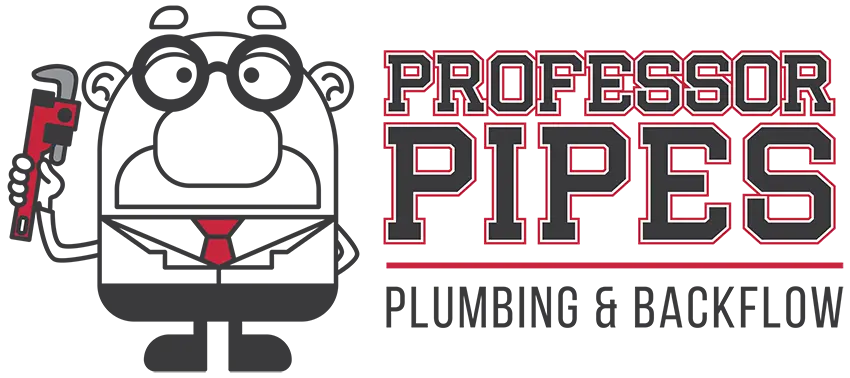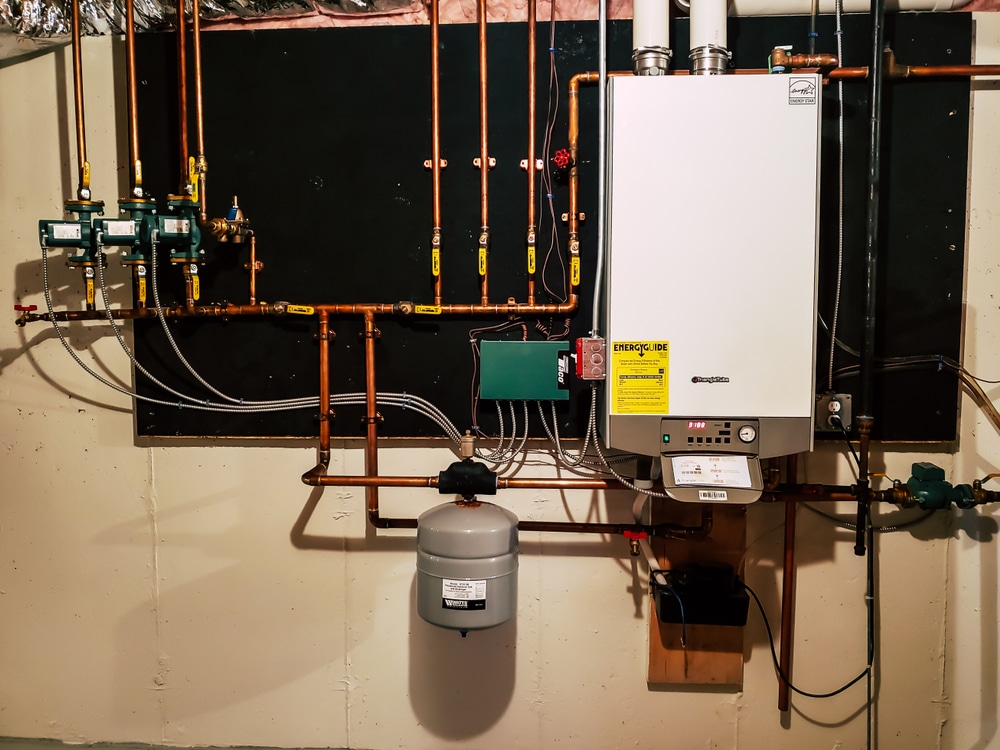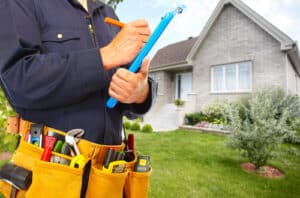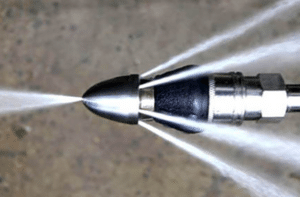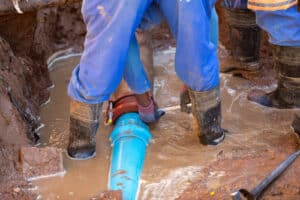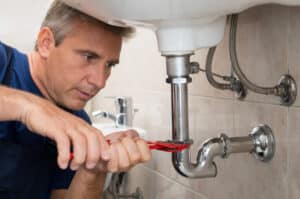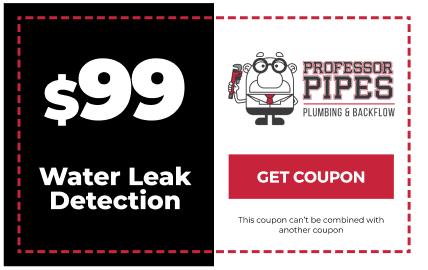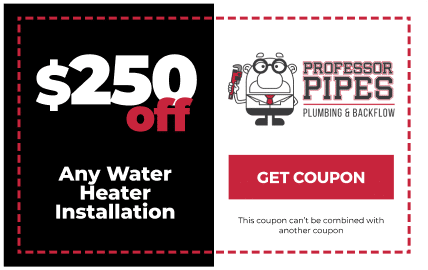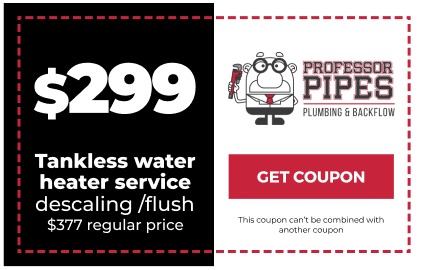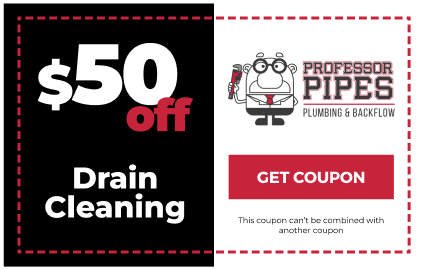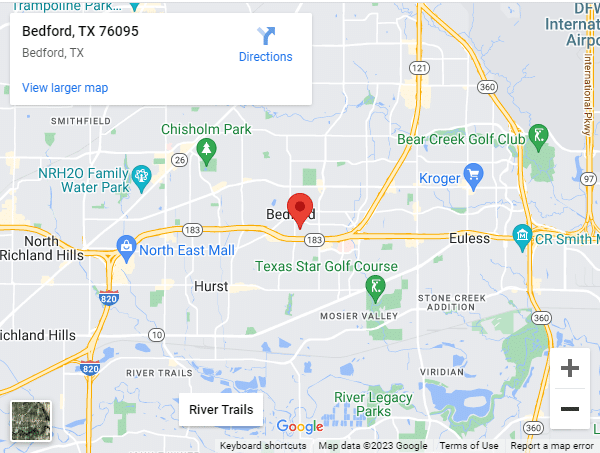A water heater is an essential appliance in your home, providing hot water for daily activities like showering, cooking, and cleaning. With various types and models available on the market, selecting the right water heater for your home can be a challenging task. This comprehensive guide aims to provide you with the necessary information to make the best decision when choosing a water heater, taking into account factors such as energy efficiency, capacity, installation, and long-term costs.
Understanding the diverse range of water heaters available is crucial in making an informed choice for your specific needs and preferences. The two main categories of water heaters are tankless (also known as on-demand) and storage tank systems, each with its own benefits and drawbacks. Furthermore, water heaters can be powered by various sources, such as electricity, natural gas, propane, or solar energy, which can also influence your decision. It’s crucial to weigh the pros and cons of each option to ensure that you invest in a water heater that meets your requirements and expectations.
This in-depth article will discuss the features, advantages, and disadvantages of different types of water heaters, along with factors to consider when making your selection. Additionally, we will provide insights into the installation process and offer expert tips for prolonging the lifespan of your water heater through regular maintenance.
For professional assistance in choosing and installing the right water heater for your home in Bedford, TX, and surrounding areas, trust the experienced plumbers at Professor Pipes Plumbing & Backflow. Schedule your consultation today by clicking the link below, and discover how we can help you enjoy a steady supply of hot water while maximizing energy efficiency and cost savings.
Understanding Different Types of Water Heaters
When choosing a water heater for your home, it’s essential to understand the different types available and their features. Here are the two main categories of water heaters and their respective pros and cons:
1. Tankless (On-Demand) Water Heaters
Tankless water heaters, also known as on-demand systems, provide hot water only when needed, using heating coils to heat the water as it flows through the unit. Key benefits and drawbacks of tankless water heaters include:
Pros:
– Energy-efficient, as they do not lose heat through standby energy losses
– Space-saving, due to their compact size
– Longer lifespan compared to storage tank water heaters
Cons:
– Typically, more expensive to purchase and install
– Limited hot water flow rate may struggle to meet high simultaneous demand
2. Storage Tank Water Heaters
Storage tank water heaters are the most common type found in homes, consisting of an insulated tank that heats and stores water until needed. The main advantages and disadvantages of storage tank water heaters are:
Pros:
– Generally more affordable upfront and easier to install
– Can support simultaneous use of hot water appliances
Cons:
– Increased energy consumption due to standby heat losses
– Larger size requires more installation space
– Shorter lifespan than tankless models
Considering Energy Source Options
Water heaters can be powered by a variety of energy sources, including electricity, natural gas, propane, and solar energy. Each option comes with its own set of advantages and drawbacks that should be considered:
1. Electric Water Heaters
Electric water heaters are popular due to their ease of installation and compatibility with most homes’ existing electrical infrastructure. They typically have lower upfront costs but may result in higher long-term utility expenses.
2. Natural Gas or Propane Water Heaters
Gas-powered water heaters are known for their fast heating capabilities and lower operating costs due to the use of natural gas or propane. However, they can have higher installation costs, as they require proper venting and gas-line connections.
3. Solar Water Heaters
Solar water heaters use energy from the sun to heat water, making them an eco-friendly and highly energy-efficient option. They do present higher upfront costs for installation, but the potential long-term savings on energy bills can offset the initial expense.
Factors to Consider When Choosing a Water Heater
Keep these factors in mind when selecting a water heater for your home:
1. Energy Efficiency
Choosing an energy-efficient water heater can minimize your utility costs and reduce your carbon footprint. Look for water heaters with ENERGY STAR® certifications, indicating that the unit meets strict energy efficiency guidelines set by the U.S. Environmental Protection Agency.
2. Capacity and Flow Rate
For storage tank water heaters, consider the size of the tank that will best accommodate your household’s hot water needs. For tankless water heaters, focus on the flow rate, which refers to the amount of hot water the unit can produce per minute.
3. Installation and Maintenance Requirements
Consider where the water heater will be installed, whether venting and gas-line connections are required, and any maintenance needs. Note that professional installation is recommended for safe and reliable performance, as improper installation can lead to inefficiency and potential hazards.
4. Long-Term Costs
Evaluate both upfront and long-term costs associated with purchasing, installing, and operating your new water heater, including utility expenses, maintenance costs, and potential replacement needs.
Conclusion
Selecting the right water heater for your home is a crucial decision that should involve a thorough understanding of the various options and factors to ensure optimal functionality, efficiency, and cost savings. By evaluating different types of water heaters, energy sources, and considering factors such as energy efficiency, capacity, and long-term costs, you can make an informed choice that suits your unique needs and preferences.
For professional guidance and assistance in choosing and installing the ideal water heater for your home in Bedford, TX, and surrounding areas, rely on the expert plumbers in Bedford at Professor Pipes Plumbing & Backflow. Schedule a consultation today, and let our team help you achieve maximum comfort, efficiency, and savings while enjoying a steady supply of hot water in your home.
